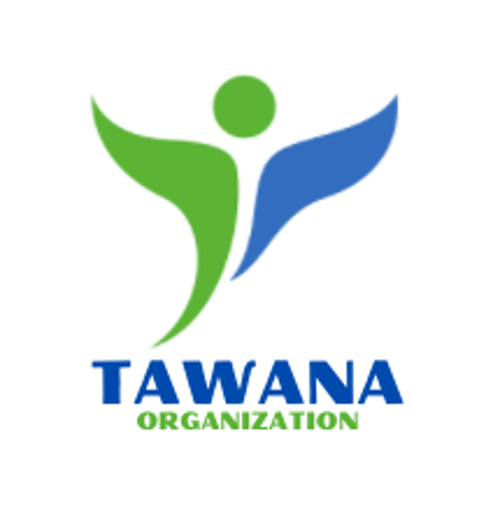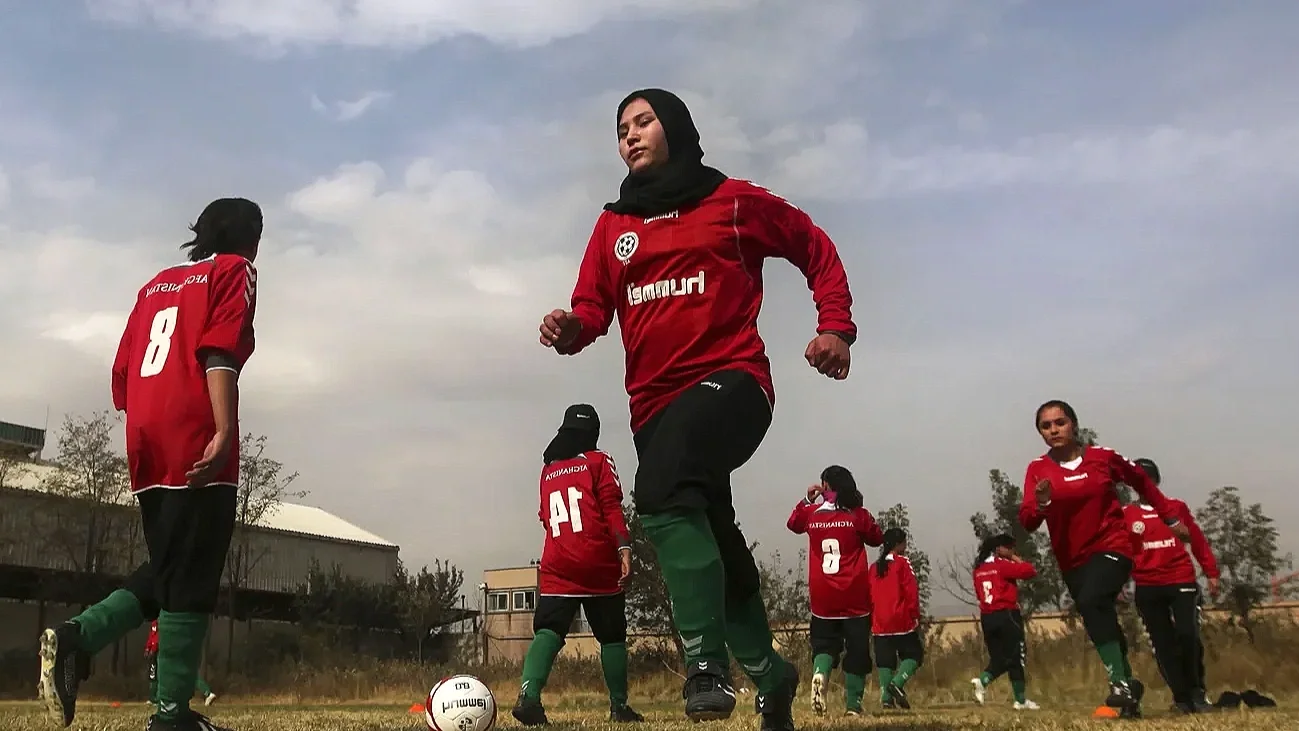Bridges to New Beginnings
Bridges to New Beginnings
Empowering Afghan Women Through Sport and Leadership
Bridges to New Beginnings is an upcoming Tawana initiative designed to support Afghan women athletes in pursuing their dreams and building strong futures. The program will provide mentorship, wellbeing support, and opportunities to continue their athletic journeys, helping participants grow, thrive, and develop the confidence and skills to lead in their communities.
Our Focus Areas
Community Support & Mentorship: Guiding athletes and their families as they settle into new environments, connect with resources, and access education.
Wellbeing & Personal Growth: Offering programs that promote mental health, resilience, and leadership skills.
Empowerment Through Football: Creating opportunities to train, compete, and develop as athletes while inspiring the next generation.
Bridges to New Beginnings will be a pathway to opportunity, leadership, and self-determination, ensuring Afghan women athletes have the support and space they need to thrive on and off the field.

